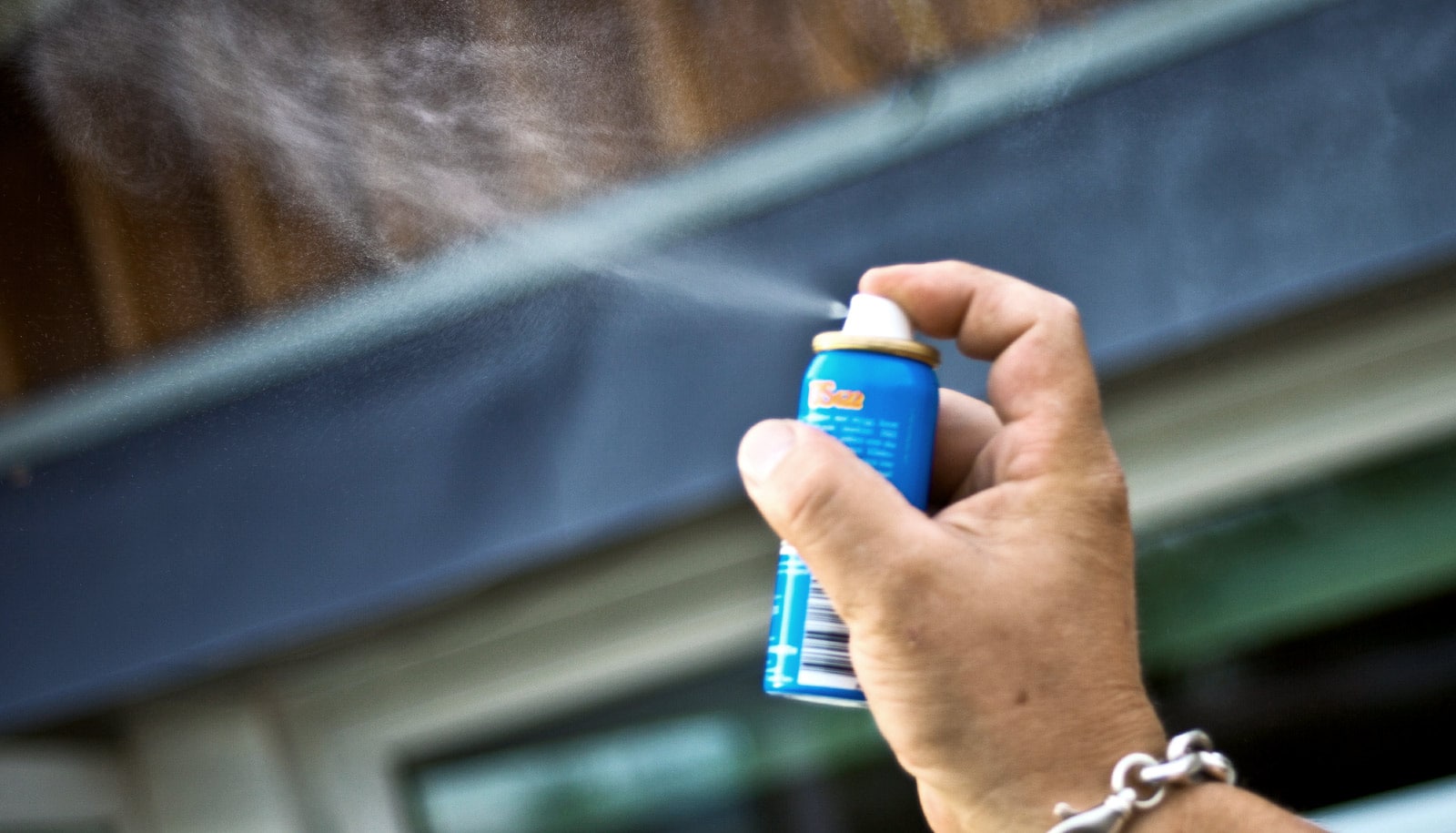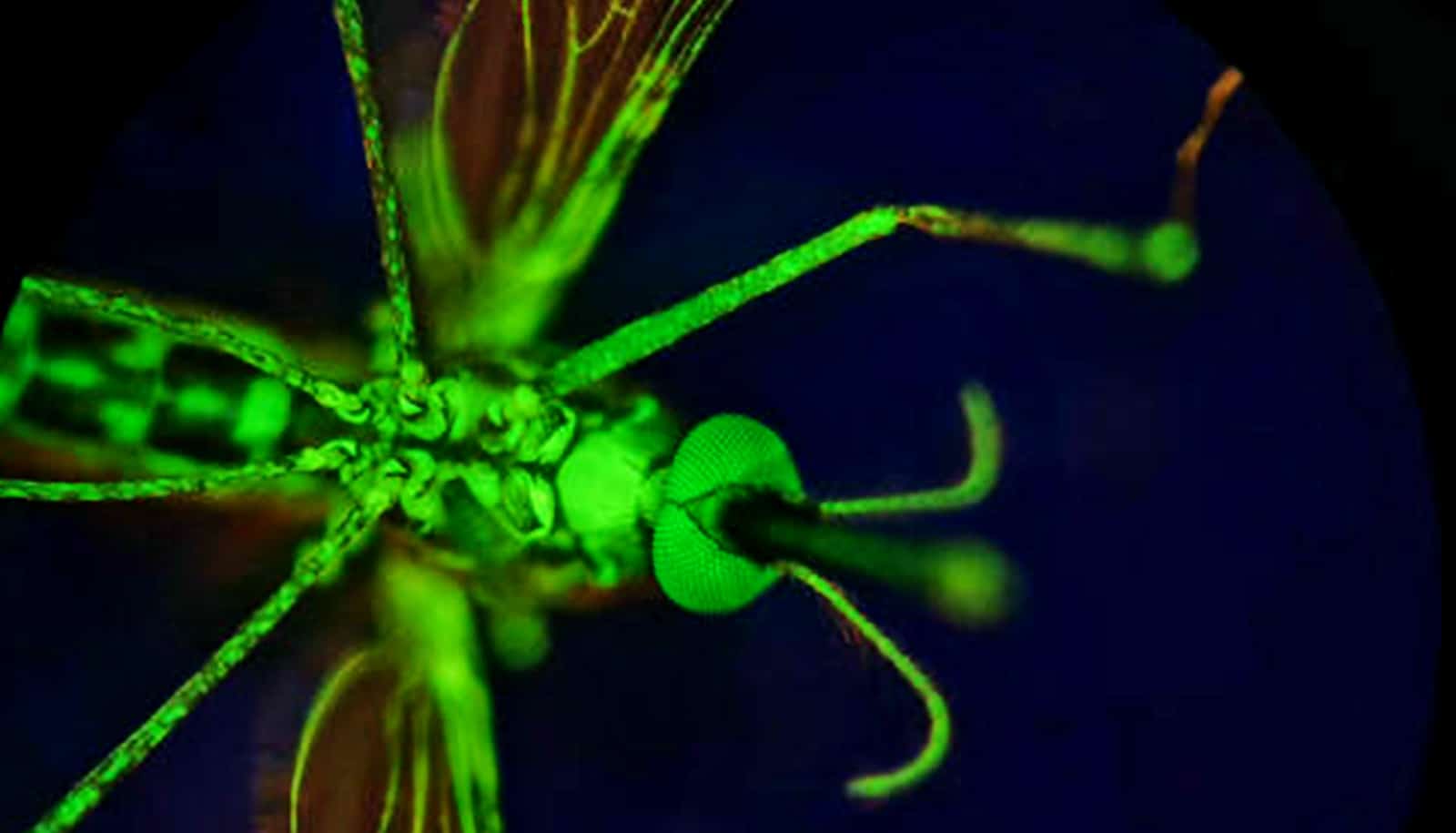If you’re traveling to, or living in, a Zika virus-infested area, a new study offers guidelines for using mosquito repellant.
It’s far better to use the mosquito repellent DEET rather than Picaridin and to use higher doses of DEET because lower doses do not work well with older mosquitoes, according to the study in Nature Scientific Reports.
Walter Leal, professor in molecular and cellular biology at the University of California, Davis, and his colleagues at the Oswaldo Cruz Foundation in Recife, Brazil, used mosquitoes originating from colonies reared by UC Davis medical entomologist Anthony Cornel and from colonies in Recife.
“We used assays to test the mosquitoes infected with the Zika virus,” says Leal, “and we asked whether the Zika infection affects mosquito response to repellents.”
The researchers tested DEET and Picaridin, considered the top two mosquito repellents, because it was not known whether being infected with Zika virus would affect how mosquitoes react to repellents. Instead of human volunteers, the researchers used a behavioral assay that mimics a human subject.
“We discovered that DEET works better than Picaridin against the southern house mosquito, Culex quinquefasciatus, and the yellow fever mosquito, Aedes aegypti, whether the mosquitoes were infected or not,” Leal says.
The researchers also found that old mosquitoes that already had a blood meal were less sensitive to repellents, most likely because of age, Leal says.
“Lower doses—normally used in commercial products—work well for young mosquitoes,” Leal says, “but the old ones are the dangerous ones because they may have had a blood meal infected with virus and there was enough time for the virus to replicate in the mosquito body.
Early results of Zika vaccine tests are promising
“The bottom line: to prevent bites of infected mosquitoes, higher doses of repellent are needed,” he says. “The data suggest that 30 percent DEET should be used. Lower doses may repel young, nuisance mosquitoes, but not the dangerous, infected, old females.”
Leal, a native of Brazil, collaborates with Rosangela Barbosa and Constancia Ayres of the Oswaldo Cruz Foundation. The work with infected mosquitoes took place at the Foundation’s labs in Brazil. The National Institutes of Health funded the work.
Source: UC Davis



